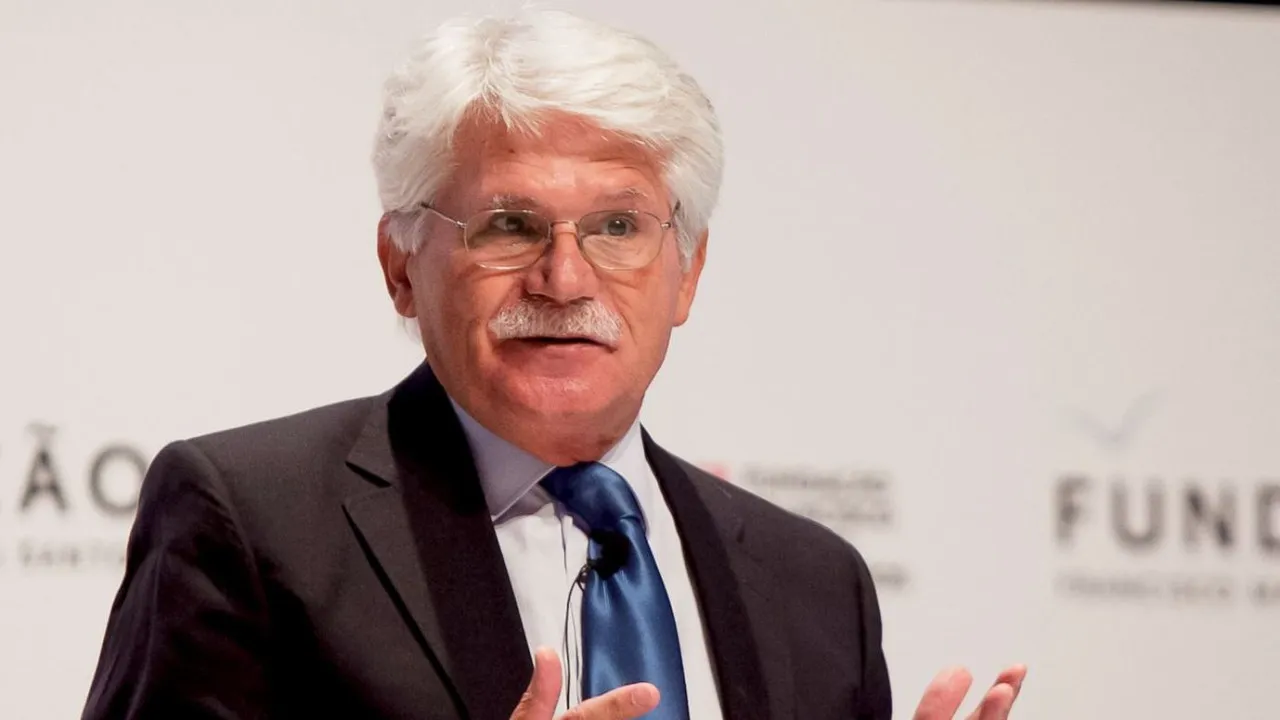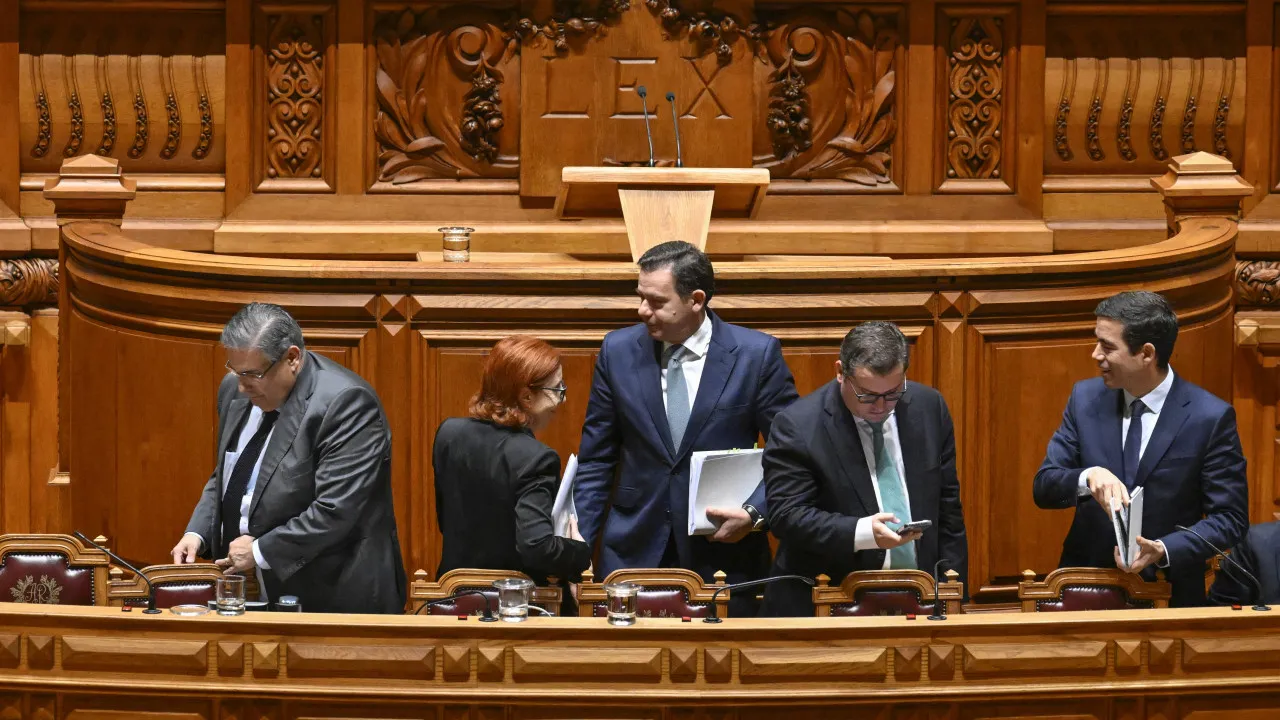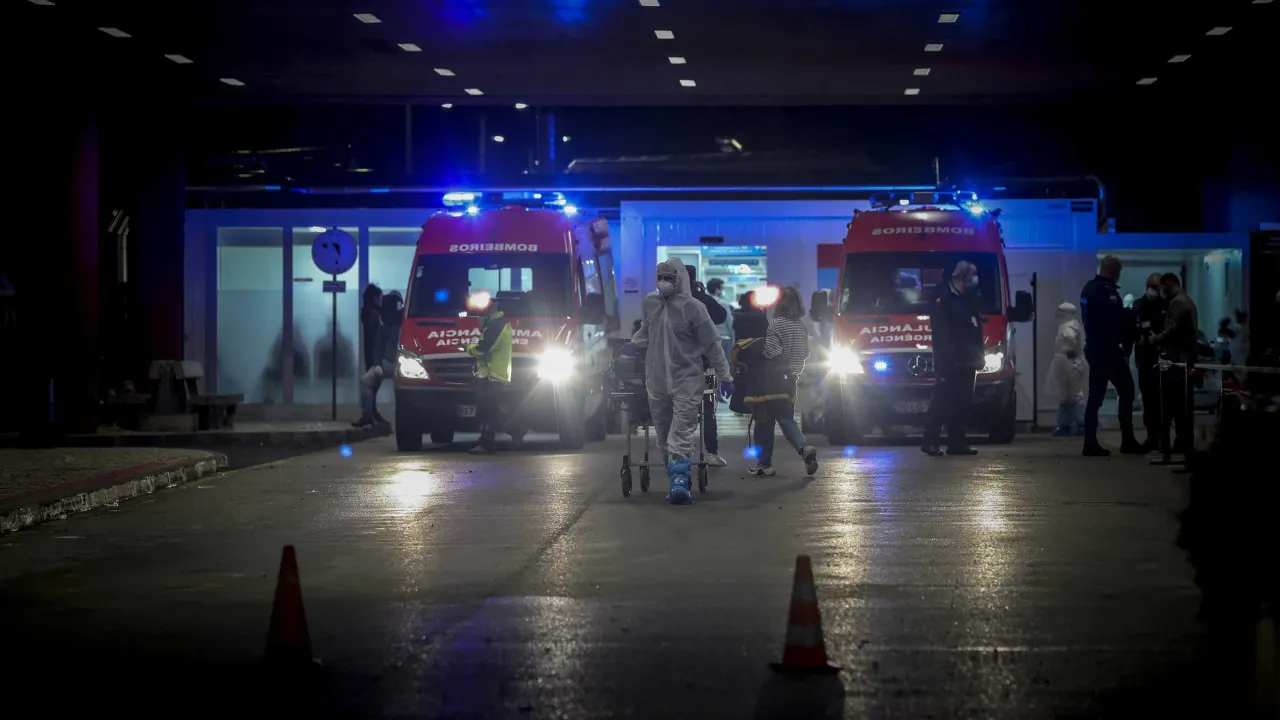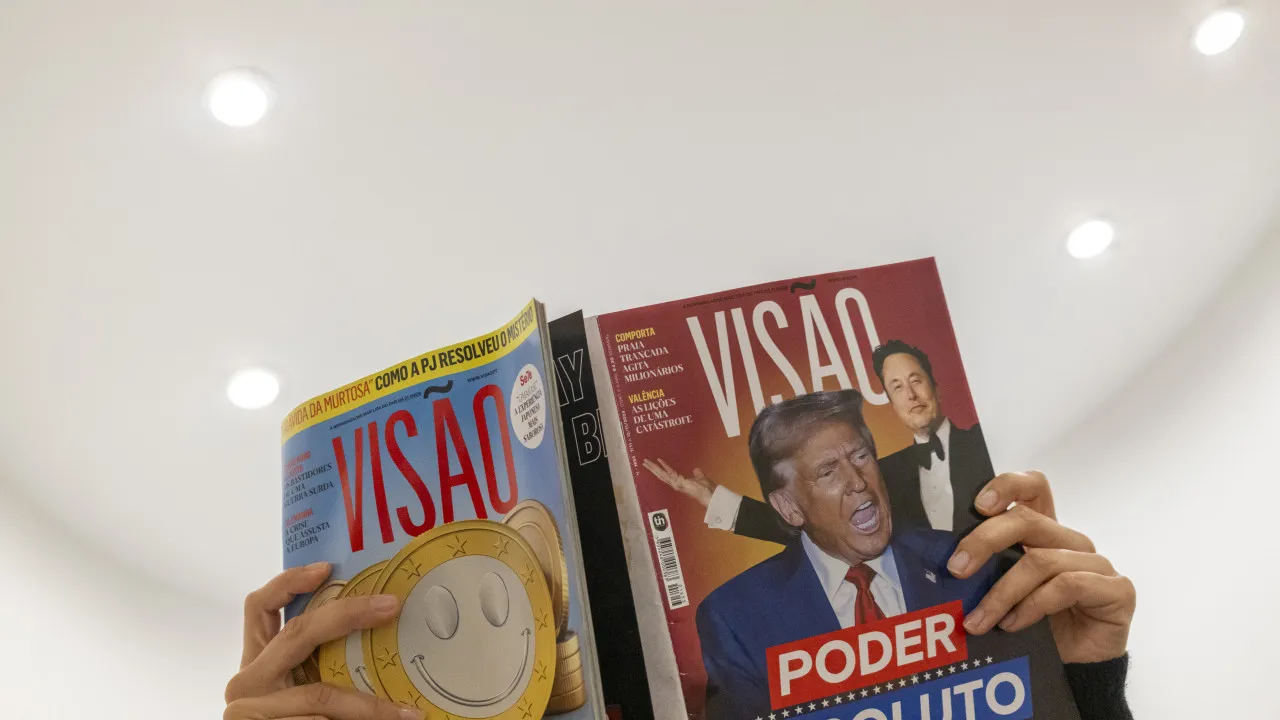
“For reasons of party discipline, I voted against my own position,” stated Vital Moreira, who left the party in 1990 and later became a deputy in the Assembly of the Republic and the European Parliament for the PS. This was during a debate with fellow constitutionalist Jorge Miranda under the theme “Constituent Assembly – 50 Years Later,” moderated by former CDS-PP leader Manuel Monteiro in a session marking the launch of the latest issue of the Instituto Amaro da Costa’s magazine, scheduled for release on the 11th, with the President of the Republic expected to attend.
Vital Moreira revealed that he has only discussed this case in “very restricted groups,” recalling the process of the constitutional amendment of 1982. At that time, he was vice-president of the PCP Parliamentary Group alongside Veiga de Oliveira. Both aimed to prevent the party from voting against the text, which ultimately abolished the Revolutionary Council, liberalized the economic system, and softened the ideological stance introduced in the first version of the constitution, approved in 1976.
“We believed that the MFA-party Pact had to be abandoned due to political obsolescence, and the Constitution needed revision following the norms of a standard constitutional democracy,” commented the former PCP vice-parliamentary leader, noting his general agreement with the alternative solutions reached by the Ad Hoc Committee for Constitutional Revision.
Vital Moreira noted considerable support within the parliamentary group for his stance. However, “the party leadership did not share this view, and the PCP voted against,” compelling him to oppose his own position.
“The day after, I requested resignation from my parliamentary mandate, and some time later, began the process of disassociating from the party, alongside Veiga de Oliveira and others,” admitted constitutionalist Vital Moreira, adding, “It was time to fully embrace constitutional democracy.”
Besides the debate between Vital Moreira and Jorge Miranda, the IDL magazine features articles by Marcelo Rebelo de Sousa and former constituent deputies Ângelo Correia, António Campos, António Reis, Arons de Carvalho, Basílio Horta, Carlos Brito, Carlos Lage, Francisco Pinto Balsemão, José Manuel Maia, Manuel Costa Andrade, Maria José Sampaio, and Mário Pinto.
During the debate, both constituent deputies concurred that the MFA-Parties Pact was “much less significant than one might think,” as Jorge Miranda, often referred to as the “Father of the Constitution,” expressed.
Vital Moreira agreed, emphasizing that “the Pact did not bind the Constituent Assembly nor the deputies, only the respective parties. Naturally, in good faith, we, the deputies, had to implement our parties’ political commitments, but there was an interpretative margin that we did not fail to explore,” he underlined.
Jorge Miranda intervened to recall, “The Pact foresaw a Commission of the Armed Forces Movement to oversee the Assembly’s work, which no one ever saw,” to which Vital Moreira responded, “Indeed, it was never seen or manifested. In fact, the Pact included a transitory clause that allowed for an unrestricted constitutional revision after four or five years, ensuring complete freedom, which eventually happened.”
Throughout the debate, Vital Moreira expressed no doubt that “Portugal’s accession to the European Union was among the key factors ensuring the longevity of our constitutional democracy in terms of economic and social stability, embracing a European democratic ideal, and moving away from the radicalism of the 1976 economic constitution.”
“The chapter on economic organization surprised me the most by being more doctrinaire, more radical, with a structural transformation plan, a feature absent in other chapters. It aimed at a transition toward socialism, either more self-management oriented as the PS proposed or more collectivist as the PCP envisioned… Indeed, my fears materialized,” reflected the former PCP deputy, with Jorge Miranda interjecting that “that chapter faded,” and Moreira insisting, “It was mainly due to EU accession.”
In the debate, Jorge Miranda and Vital Moreira only diverged openly on the portrayal of the government system post-1982 revision. Miranda termed it semipresidentialism, while Moreira called it a “non-typical parliamentary system.” The issue centered on the government no longer being politically dependent on the President of the Republic, who lost the power to freely dismiss it, becoming accountable only to parliament.
“Recall the second Mário Soares government was directly dismissed by the President. That ceased with the 1982 Constitutional Revision, fundamentally redefining the government system, leading me to refer to it as a non-typical parliamentary system due to the President’s ‘moderating power’,” Vital commented, to which Miranda replied, “I disagree…! There are many forms of semipresidentialism and parliamentarism. The 1982 Revision’s changes did not alter the core of the government system, being semipresidentialism.”
In the debate, Jorge Miranda pointed out that the 1976 fundamental law “is already Portugal’s second most enduring Constitution. The longest was the Constitutional Charter from 1851 until 1910. The 1933 Constitution lasted only 41 years.”




